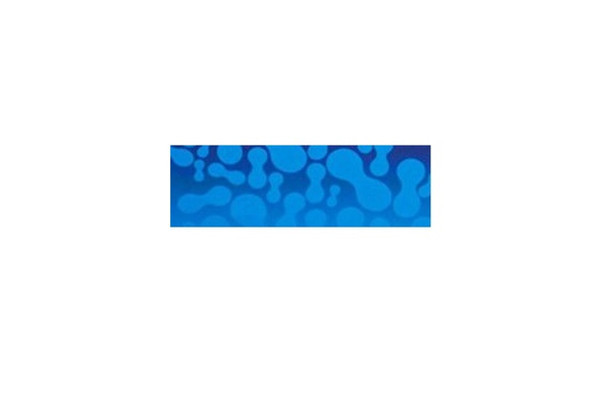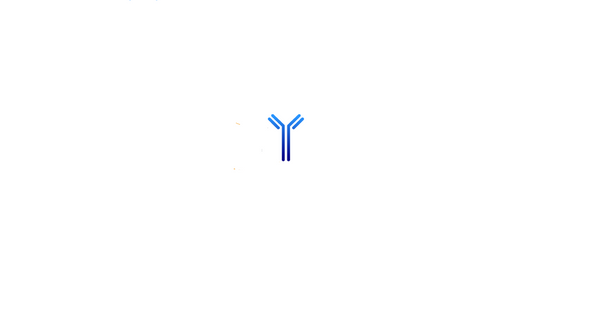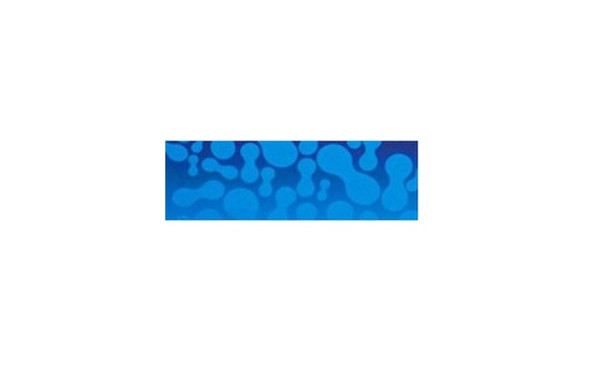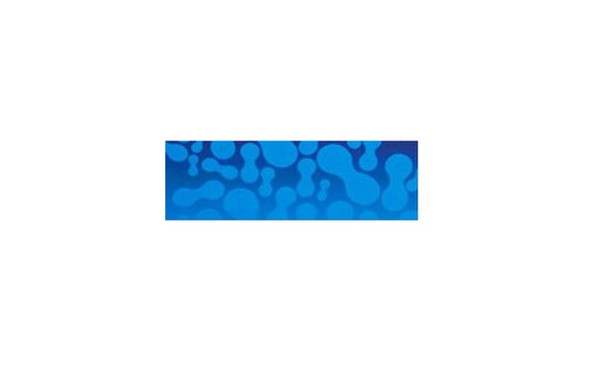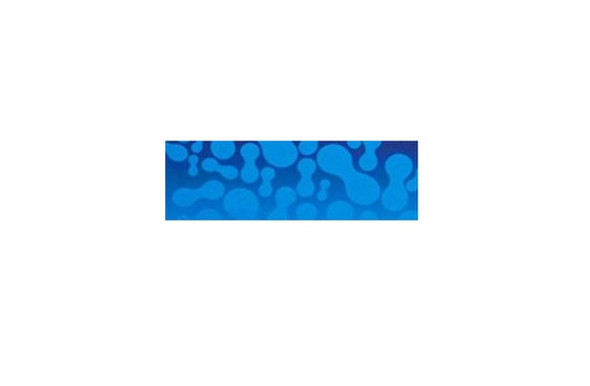Description
Phospho-FGFR4 (Tyr642) Polyclonal Antibody | E-AB-21090 | Gentaur US, UK & Europe Disrtribition
Reactivity: Human, Mouse, Rat
Host: Rabbit
Isotype: IgG
Application: WB, ELISA
Research Area: Cancer, Cell Biology, Cardiovascular, Neuroscience, Signal Transduction, Stem Cells, Tags and Cell Markers
Background: The protein encoded by this gene is a member of the fibroblast growth factor receptor family, where amino acid sequence is highly conserved between members and throughout evolution. FGFR family members differ from one another in their ligand affinities and tissue distribution. A full-length representative protein would consist of an extracellular region, composed of three immunoglobulin-like domains, a single hydrophobic membrane-spanning segment and a cytoplasmic tyrosine kinase domain. The extracellular portion of the protein interacts with fibroblast growth factors, setting in motion a cascade of downstream signals, ultimately influencing mitogenesis and differentiation. FGFR4 (Fibroblast Growth Factor Receptor 4) is a Protein Coding gene. Diseases associated with FGFR4 include Prostate Cancer and Neuroma. Among its related pathways are GPCR Pathway and RET signaling. GO annotations related to this gene include transferase activity, transferring phosphorus-containing groups and protein tyrosine kinase activity. An important paralog of this gene is FGFR3.
Lead Time: 7~10 days
Concentration: 1 mg/mL
Storage: Store at -20°C. Avoid freeze / thaw cycles.
Immunogen: Synthesized peptide derived from human FGFR-4 around the phosphorylation site of Tyr642
Buffer: PBS with 0.02% sodium azide, 0.5% BSA and 50% glycerol, pH7.4
Purification: Affinity purification
Dilution: WB 1:500-1:2000, ELISA 1:10000
Conjugation: Unconjugated
Calculated Molecular Weight: 88 kDa
Observed Molecular Weight: 90 kDa
Clonality: Polyclonal

